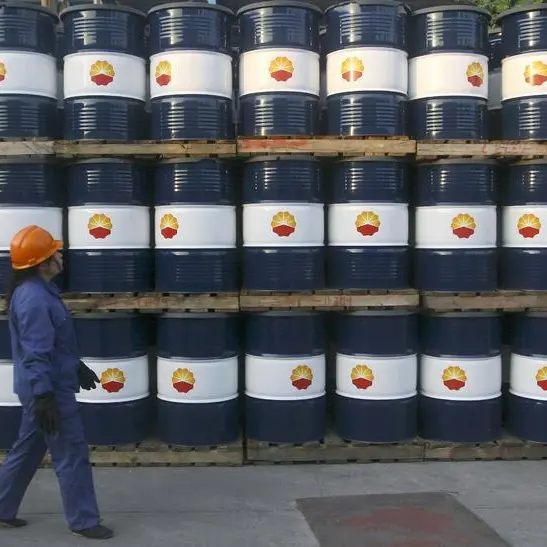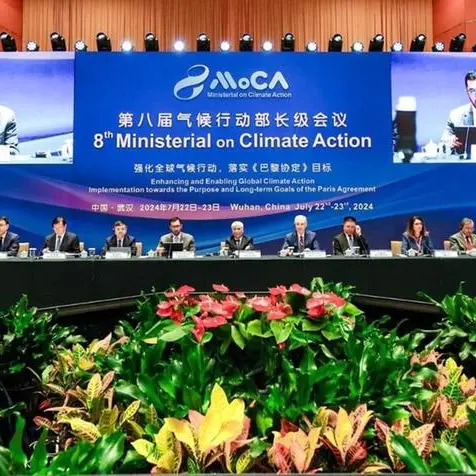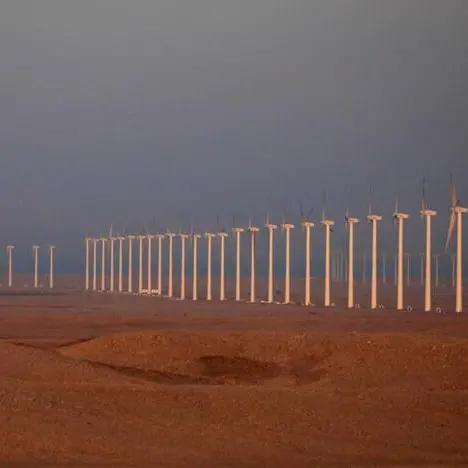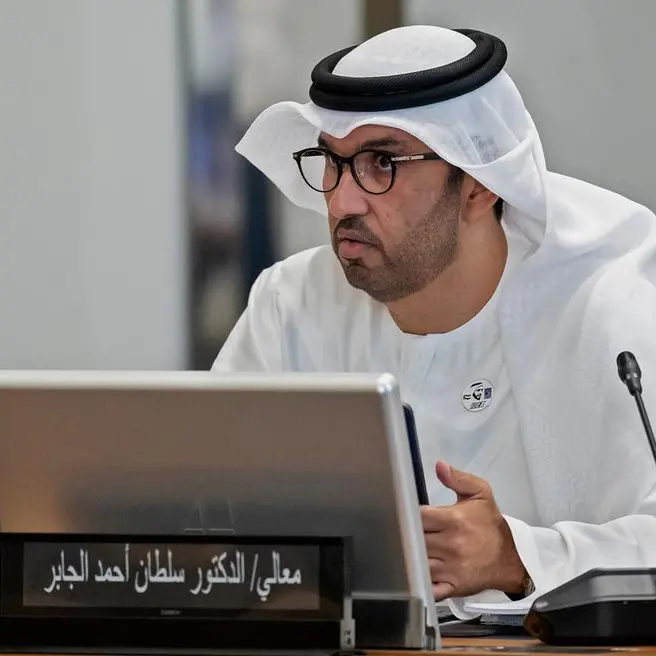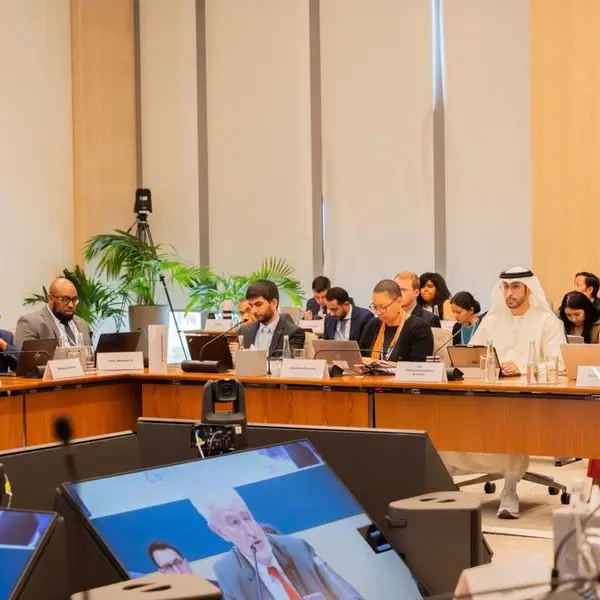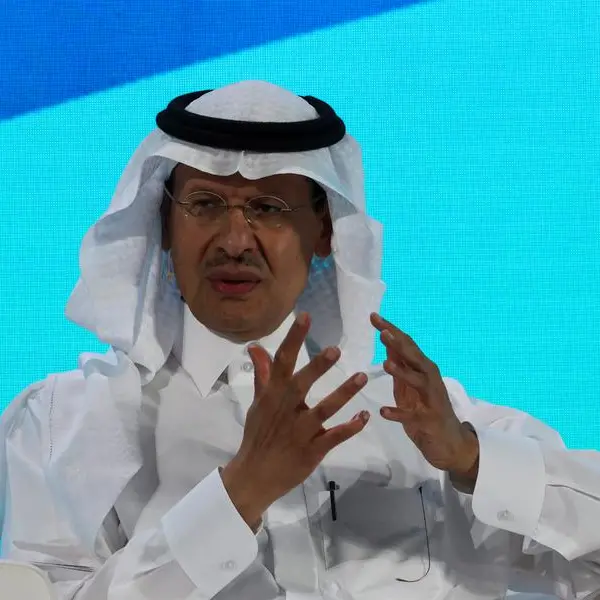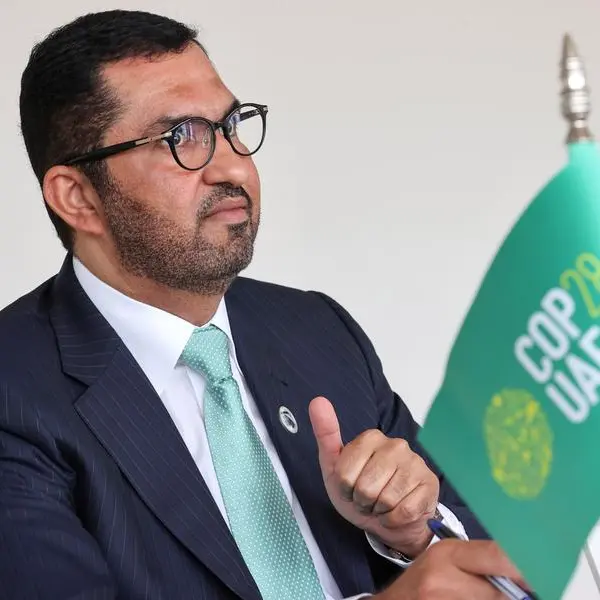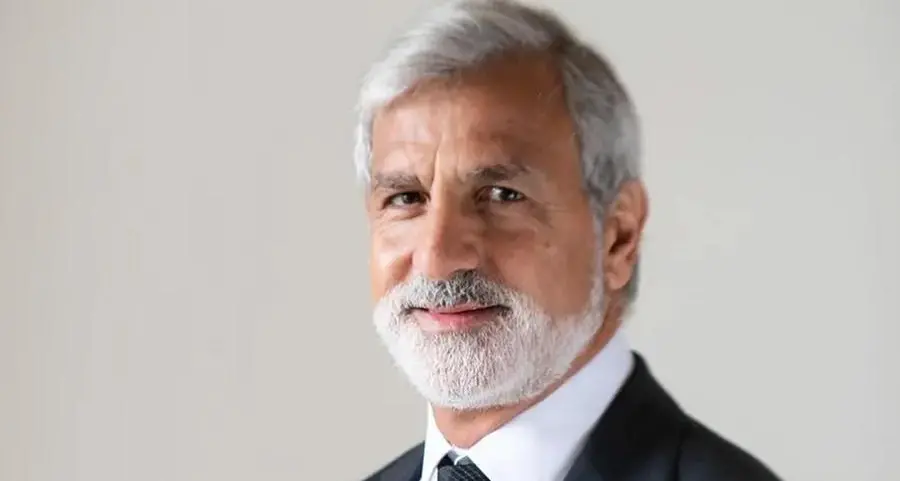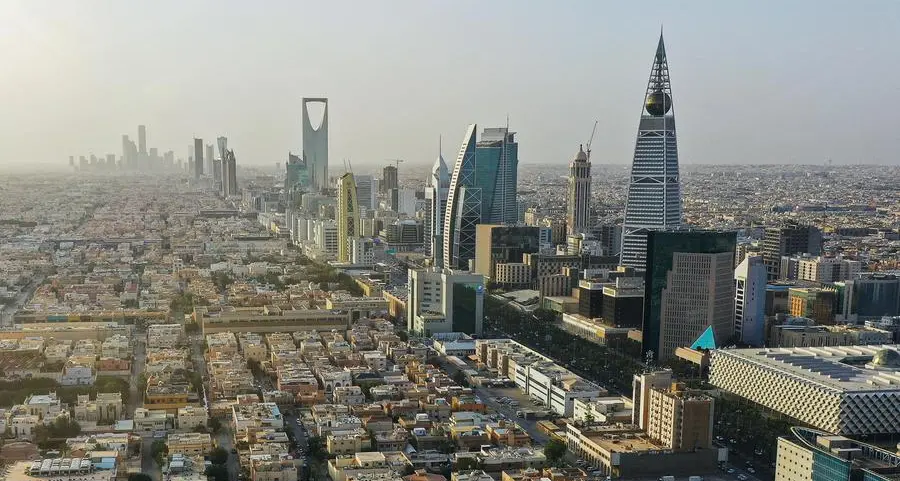PHOTO
DUBAI: The United Nations Climate Change Conference COP28 will open tomorrow with a resounding call to accelerate collective climate action. The conference takes place in what is already known to be the hottest year ever recorded in human history and as the impacts of the climate crisis wreak unprecedented havoc on human life and livelihoods around the world.
COP28 in Dubai, United Arab Emirates (UAE), from 30 November to 12 December 2023, is a decisive moment to act on climate commitments and prevent the worst impacts of climate change. UAE has the presidency for COP28, with Dr Sultan Al Jaber as this year’s president.
This year’s COP marks the conclusion of the “global stocktake”, the first assessment of global progress in implementing the 2015 Paris Agreement. The findings are stark: the world is not on track to limiting temperature rise to 1.5°C by the end of this century. It does recognize that countries are developing plans for a net-zero future, and the shift to clean energy is gathering speed, but it makes clear that the transition is nowhere near fast enough yet to limit warming within the current ambitions.
A report recently published by UN Climate Change News shows that national climate action plans (known as nationally determined contributions, or ‘NDCs’) would collectively lower greenhouse gas emissions to 2% below 2019 levels by 2030, while the science is clear that a 43% reduction is needed.
The global stocktake must be a catalyst for greater ambition in meeting the Paris Agreement’s goals as nations prepare to submit revised national climate action plans by 2025. It lays out actions on how to accelerate emissions cuts, strengthen resilience to climate impacts, and provide the support and finance needed for the transformation.
“Over 160 world leaders are headed to Dubai, because only cooperation between nations can get humanity back in this race. But COP28 cannot be just a photo-op. Leaders must deliver – the message is clear,” said UN Climate Change Executive Secretary Simon Stiell. “And as leaders leave Dubai after the opening summit, their message to their negotiators must be equally clear: don’t come home without a deal that will make a real difference.”
Climate finance stands at the heart of this transformation. Replenishing the Green Climate Fund, doubling financial resources for adaptation and operationalizing the loss and damage fund are key to keeping 1.5°C within reach while leaving no one behind.
“The reality is that without much more finance flowing to developing countries, a renewables revolution will remain a mirage in the desert. COP28 must turn it into a reality,” Stiell added.
Progress on climate finance at COP28 will be crucial to build trust in other negotiation areas and to lay the groundwork for an even more ambitious “New Collective Quantified Goal” for climate finance, which must be in place next year. It will also set the stage for a just and inclusive transition to renewable energy and the phasing out of fossil fuels.
In the face of rising conflicts and tensions worldwide, Stiell emphasised the need for collaborative efforts to combat climate change, an area in which nations can work together effectively to ensure a sustainable future both for people and the planet.
“We don’t have any time to waste. We need to take urgent action now to reduce emissions. At COP28, every country and every company will be held to account, guided by the north star of keeping 1.5°C within reach,” said COP28 President Dr. Sultan Al Jaber.
“All parties should be prepared to deliver a high ambition decision in response to the global stocktake that reduces emissions while protecting people, lives and livelihoods,” Al Jaber added.
Egyptian Minister of Foreign Affairs and COP27 President Sameh Shoukry said: “It is of crucial importance to continue building on previous achievements, but more importantly to implement what we already agreed upon. We cannot achieve our common goals without having everyone on board, most importantly the Global South. We need to start delivering on climate justice and provide the needed tools that we already agreed upon in Sharm el-Sheikh for funding loss and damage, including the establishment of a fund. One of the major outcomes that has to come out of COP28 is for the fund to be fully operationalized and funded.”

